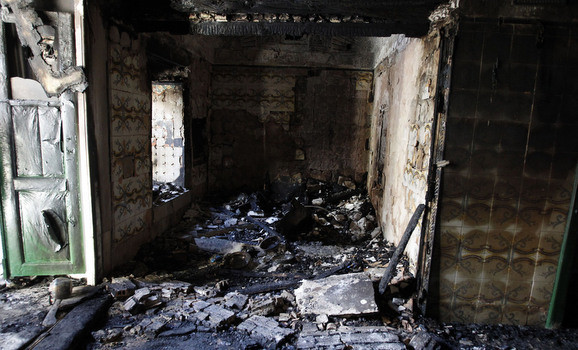 As reported by several news agencies and the National Public Radio (NPR-U.S.), over the last several months, Islamists in Tunisia have attacked almost 40 Sufi shrines and greatly damaged and/or destroyed them. Previously, Islamists had destroyed several Sufi tombs in the city of Timbuktu in Mali as reported by the New York Times as well as here on WCHV website. In fact, earlier this year, in February 2013, the U.S. State Department called on Tunisian leaders to implement a plan to protect the country’s religious and historic sites, denouncing a wave of recent attacks on Sufi shrines.
As reported by several news agencies and the National Public Radio (NPR-U.S.), over the last several months, Islamists in Tunisia have attacked almost 40 Sufi shrines and greatly damaged and/or destroyed them. Previously, Islamists had destroyed several Sufi tombs in the city of Timbuktu in Mali as reported by the New York Times as well as here on WCHV website. In fact, earlier this year, in February 2013, the U.S. State Department called on Tunisian leaders to implement a plan to protect the country’s religious and historic sites, denouncing a wave of recent attacks on Sufi shrines.
The Sufis are a relatively small sect of Islam that historically, has remained apolitical. They live and have spread over a vast geographic area that stretches from western Africa to South East Asia. Sufis are best known for their embrace of mysticism and spirit of tolerance and their practices are seen as idolatry to Muslims who practice a more rigid and puritanical form of Islam.
Sufis as a group are not playing leading roles in any of the recent upheavals in the Arab world, but their shrines have become targets of many attacks. Many Sufis gather at these shrines for prayer and meditation. In Libya last summer, a Sufi grave site in Tripoli was bulldozed, leading to the resignation of Libya’s interior minister. But periodic attacks have been carried out elsewhere, including Pakistan, where dozens have been killed while visiting shrines as reported by NPR.















